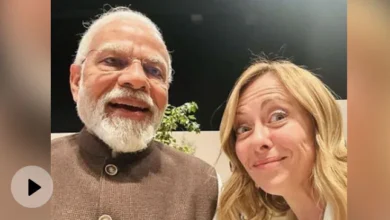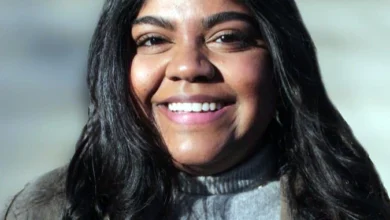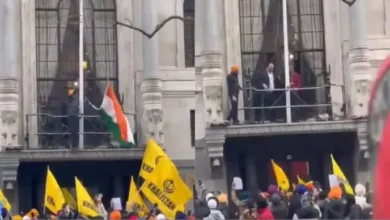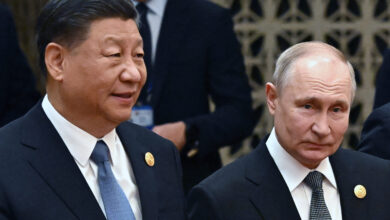Vladimir Putin to skip BRICS summit in South Africa amidst arrest threats
Russian Federation will be represented by Foreign Minister Mr Sergei Lavrov, Putin will join the summit virtually, while other leaders will attend in person.
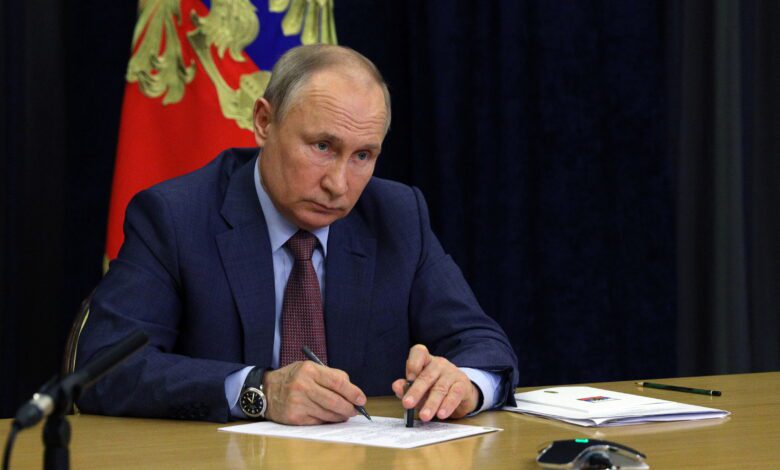
Russian President Vladimir Putin has decided to skip the upcoming BRICS summit in South Africa, scheduled for next month. This decision marks a significant setback for Putin, given his emphasis on the strong relations with the BRICS countries – India, China, Brazil, and South Africa – to counter the perceived isolation imposed by the US and Europe over the Ukrainian conflict.
According to a statement by the South African President, both parties have mutually agreed that President Putin will not attend the summit. Instead, the Russian Federation will be represented by Foreign Minister Sergei Lavrov. This move comes as a response to an arrest warrant issued by the International Criminal Court (ICC) in March, linking Putin to alleged war crimes involving the exiling of Ukrainian children. Fearing arrest if he leaves Russian soil, Putin will participate in the event virtually via video conferencing.
South Africa’s involvement in the ICC as a signatory to the Rome Statute places them in a tricky situation. Although they are bound by the court’s decisions, the country faced international criticism in 2015 when they refused to execute an ICC arrest warrant against the then-Sudanese President Omar al-Bashir during an African Summit.
Meanwhile, South Africa’s main opposition party, the Democratic Alliance, had asked a Pretoria court to force the government to arrest the Russian president if he attended the BRICS summit.
By opting to participate virtually, President Putin aims to avoid any potential legal action while still engaging with other BRICS leaders and maintaining Russia’s active involvement in the summit. In his absence, Foreign Minister Lavrov will take charge of representing Russia and engaging in the summit’s discussions.
The absence of President Putin at the BRICS summit reflects the growing challenges that world leaders face in balancing international relations with legal obligations. As the summit approaches, the global community will be keenly observing the outcomes and interactions among the participating nations.
